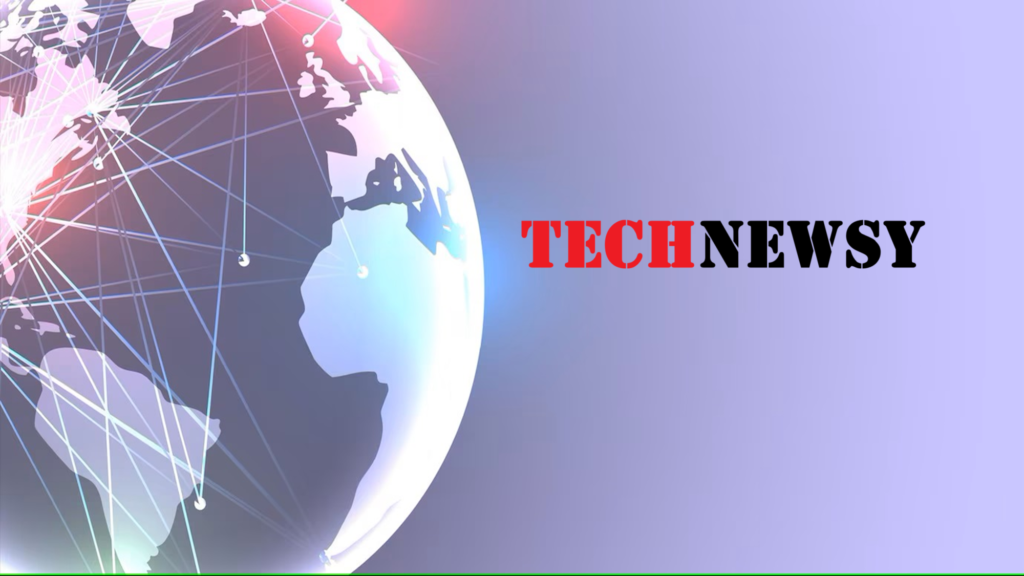Commercial Scrum Retrospectives Tools for Agile Teams

There are many Scrum teams that operate in a distributed organization, with members in different locations, countries, or time zones. The question arises about how these Agile teams can conduct their retrospectives. Some companies have developed online tools that can help facilitate retrospectives for distributed Scrum teams. This article highlights a list of online commercial tools that specifically cater to Scrum retrospectives. If you have a tool that fits these requirements, feel free to reach out to us through our contact form for inclusion.
Updates:
April 24, 2023: added RetroCadence, RetroTeam, RetroTool; removed inRetro, Retrospectus (not available anymore)
September 9, 2019: added Parabol, Sprint Board, Retro Rabbit, RetroTime, TeleRetro, Trune; RealtimeBoard renamed as Miro.
goReflect
goReflect is an online retrospective tool that follows the starfish model for retrospectives, using Start, More, Continue, Less, and Stop. You can create multiple boards and invite as many members as you want. Users of goReflect can be invited to other boards by other users. Three predefined templates are available for use, or you can customize your own. Once a board is created, its template cannot be changed. Each board requires a title and can be active perpetually. goReflect aims to promote continuous and real-time retrospective approaches that span multiple sprints, iterations, etc.
Website: https://www.goreflect.com/
Miro
Miro (formerly RealtimeBoard) offers engaging collaboration for both distributed and co-located teams, regardless of locations and time zones. You can choose from many pre-set retrospective formats such as “start/stop/continue” or the 4L method (Liked, Learned, Lacked, Longed For). The tool also provides an option for voting on ideas. Additionally, Miro has features other than retrospectives, such as story mapping or UX research (customer journey map). You can generate and examine anything together just like in a meeting room standing in front of a whiteboard. You can invite people through email or slack. Limited features of the free version allow up to 3 editable boards for unlimited team members.
Website: https://miro.com/agile/
Parabol
Parabol is a retrospective meeting app for agile teams or anyone interested in creating a continuous improvement system. It’s designed to level the playing field for both in-person and remote participants. Every phase of a meeting can be conducted together, and brainstormed items always remain anonymous to encourage full disclosure. Parabol generates an automated meeting summary delivered to all stakeholders via email or Slack, detailing what was discussed and who is accountable for what. It integrates seamlessly with Atlassian Jira and GitHub and exports tasks for easy follow-through on improvements. The free version is available for up to two teams.
Website: https://www.parabol.co/
Retrium
Upon signing up, you are automatically placed in a free trial plan for 30 days. Afterward, you can create a list of what went well (or not), group items, and vote on them. Finally, you can create an action list for improvement.
Website: https://www.retrium.com/
RetroCadence
RetroCadence is a powerful retrospective and meeting facilitation application with unlimited participants, unlimited boards, unlimited themes, and enterprise SSO readiness. It has both free and enterprise editions, combining additional features beyond the free version. RetroCadence allows sharing a board with the team easily by using a private URL, allowing members to contribute their thoughts to a retrospective with a single click of the mouse. This facilitates a “post mortem” on an initiative that went well, or not so well, involving members of the organization who ordinarily would not have access to a retro tool. RetroCadence was developed to categorize retrospectives into team classifications, allowing you to manage your different teams easily and avoid sharing retrospective feedback unnecessarily between teams. RetroCadence makes it easy to mark a submitted comment as an action item and then tracks the action list’s completion, including when it was raised, which team it’s assigned to, to ensure that they get implemented. This makes it easier to confirm and reap the benefits of valuable improvement ideas.
Website: https://retrocadence.com/
RetroTime
RetroTime is an online tool that enables creating a retrospective session and inviting your team to provide feedback, followed by starting a conversation on how to improve. RetroTime Hidden Comments allow you to collect feedback while maintaining your team’s anonymity, whether you respect their privacy or ensure new and independent thoughts. The basic version of RetroTime is free.
Website: https://retroti.me/
RetroTeam
RetroTeam is an online platform that allows Scrum teams to conduct fun and effective retrospectives. Features include creating boards and cards, settings to turn on a timer, and exporting retrospectives to PDF. RetroTeam permits conducting Scrum retrospectives seamlessly with both small and large Agile teams. A free plan is available for small teams.
Website: https://retroteam.app/
RetroTool
RetroTool is a platform that provides all the necessary features for running an online retrospective with a remote or hybrid team. You can create as many columns, cards, and action points as needed to fulfill the purpose of your retrospective meeting. Invite every participant that counts since they are the most important ingredient in a great retrospective’s success.
Website: https://retrotool.io/
Retro Rabbit
Retro Rabbit tackles issues that other tools failed to resolve. For instance, with Retro Rabbit, teams can continuously submit notes for their upcoming retrospectives from day one. Anonymous note submission enables every voice on the Scrum team to be heard equally and fairly. A feature of Retro Rabbit allows cutting out the entire submission process to support asynchronous retros, reducing meeting time. There is a free version of Retro Rabbit that allows unlimited retrospectives with up to 10 team members.
Website: https://retrorabbit.io/
Sprint Boards
Sprint Boards is an online tool for Scrum retrospectives. The tool is built with Bootstrap 4 and Vue and pays special attention to keyboard shortcuts that developers should appreciate. There are keyboard shortcuts for adding and saving cards and a double-click shortcut to edit a card quickly. Once a retrospective is complete, the board can be locked to prevent further changes. This is ideal for Scrum masters who need to review past retros.
Website: https://sprintboards.io/
TeamRetro
TeamRetro is an enterprise-ready online agile retrospective meeting tool for Agile coaches, Scrum masters, and teams. Retrospectives can follow multiple formats, such as Start-Stop-Continue, Anchors & Engines, Starfish, Mad Sad Glad, and 4Ls. There are multiple ways to invite members to retrospectives. All your actions are compiled in a single list that you can track from meeting to meeting. Team members get a gentle reminder before actions are due. Tick off completed tasks and show some love at your next retro. The trial period is based on three retrospectives.
Website: https://www.teamretro.com/
TeleRetro
TeleRetro is an online tool for running sprint retrospectives for distributed Agile teams. TeleRetro is simple and easy to use, standing out with its attractive design. The tool was built to allow unimpeded critical discussions, support teams where feedback is needed most, capture, track and review actions, prepare proven sprint retro formats, generate automated retro statistics, and be fully customisable, right down to the background image. TeleRetro works with ‘Ice-breakers,’ which allows facilitators to play music or video directly from the board with tools such as YouTube and SoundCloud. Once a board is created, anyone can participate via a retro link without having to sign in. TeleRetro allows both free and paid plans.
Website: https://www.teleretro.com/
Trune
Trune is an online tool that provides a safe and secure place for Agile teams to engage in clean and effective ways of giving feedback via retrospectives, radars or statistics. Trune isn’t limited to retrospectives; you can also explore agility health radars. Tools for agility health radars can cost up to thousands of dollars, but Trune’s pricing is cost-effective.
Website: https://www.trune.io
Read the Full Article from Source






